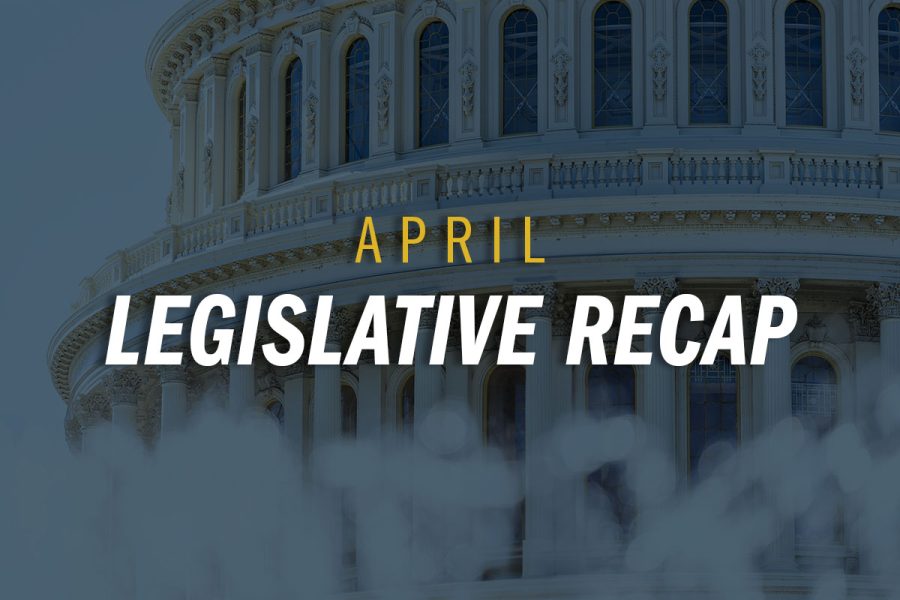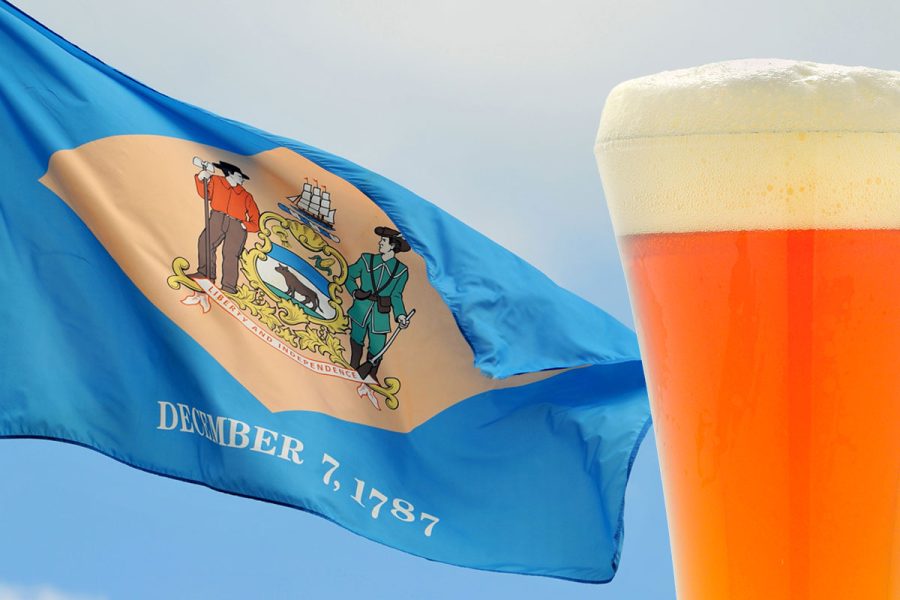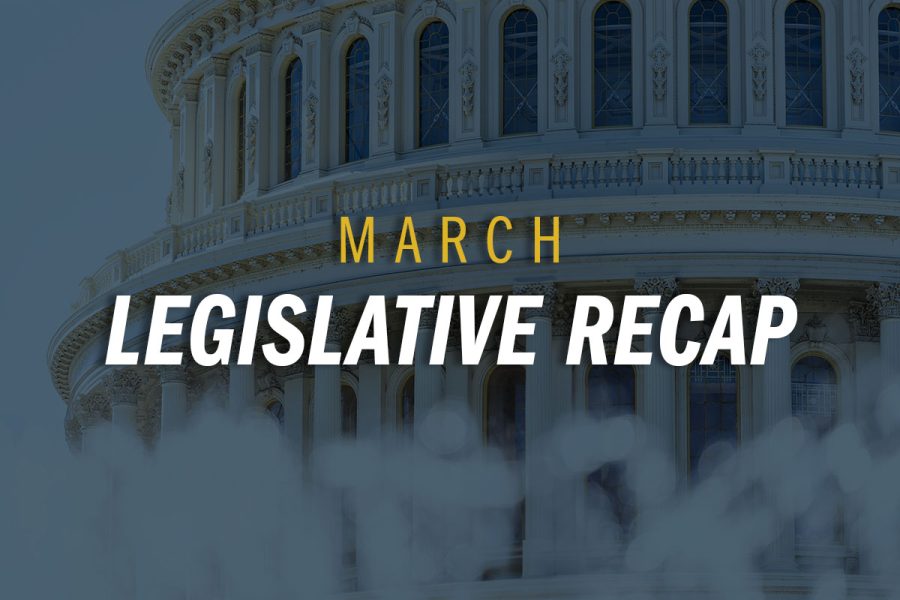USPS Shipping Equity Act
In the 117th Congress, Representatives Jackie Speier (D-Calif.) and Dan Newhouse (R-Wash.), and Senator Jeff Merkley (D-Ore.) introduced the United States Postal Service (USPS) Shipping Equity Act, bipartisan legislation that would give the USPS the same ability as private carriers to ship alcohol in states where it is legal to do so. The legislation garnered bipartisan support, but unfortunately could not find a legislative vehicle. The Brewers Association (BA) will be working with the legislative champions and supporters of the bill to reintroduce in the 118th congress.
Credit Card Competition Act
In June of 2023, The Credit Card Competition Act of 2023 (CCCA), bipartisan, bicameral legislation lead by Senators Roger Marshall (R-Kan.) and Dick Durbin (D-Ill.), and Representatives Lance Gooden (R-Texas-5) and Zoe Lofgren (D-Calif.-18) was re-introduced. The CCCA would require the largest credit card issuing financial institutions in the country, those with assets over $100 billion, to enable at least two unaffiliated credit card networks to be used to process credit card transactions.
Creating Hospitality Economic Enhancement for Restaurants and Servers (CHEERS) Act
In March 2024, Representatives Darin LaHood (R-IL) and Steve Horsford (D-NV) introduced the Creating Hospitality Economic Enhancement for Restaurants and Servers (CHEERS) Act. This legislation aims to assist hospitality businesses by extending accelerated tax benefits to include qualifying investments in energy-efficient keg and tap systems investments, supporting the use of draft lines and keg equipment in restaurants and bars.
April 2024 Federal Legislative Recap
Brewers Association Senior Director of Federal Affairs Katie Marisic provides an update on federal legislation relevant to craft brewers in this April recap.Read More
BA Supports Self-Distribution in Delaware
The Brewers Association recently went on record in Delaware in support of self-distribution for small brewers.Read More
March 2024 Federal Legislative Recap
Brewers Association Senior Director of Federal Affairs Katie Marisic provides an update on federal legislation relevant to craft brewers in this March recap.Read More
Brewers Association Submits Comments to TTB on Mandatory Labeling Issues
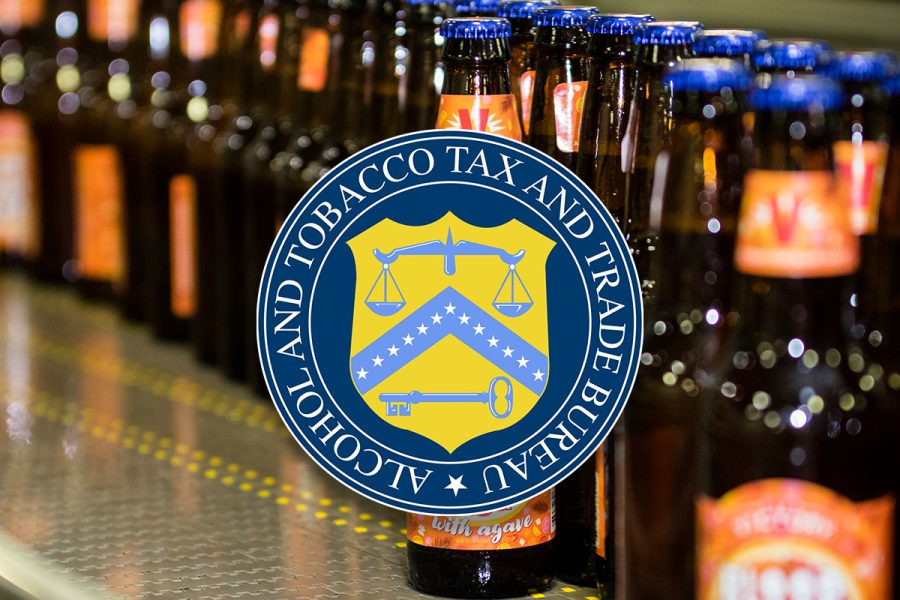
Brewers Association Submits Comments to TTB on Mandatory Labeling Issues
On March 29, the BA submitted comments to the TTB laying out the association’s positions on issues related to mandatory labeling for alcohol content, allergen, ingredient and nutritional information.Read More
TTB Considers Major Labeling Revisions – Opportunity and Potential Peril
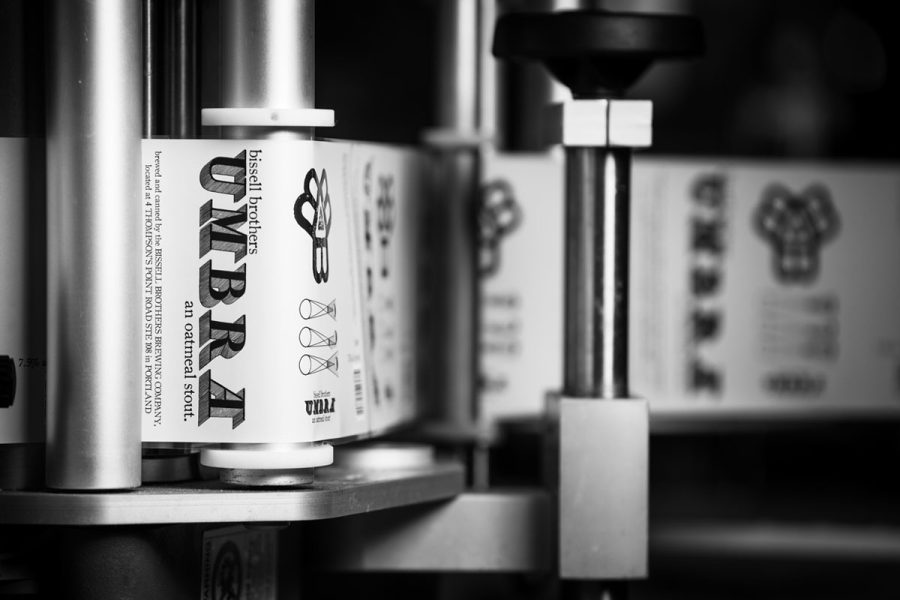
TTB Considers Major Labeling Revisions – Opportunity and Potential Peril
As the TTB looks at significant mandatory labeling changes, the devil will be in the details when it comes to realizing positive outcomes.Read More
Congressional Caucuses
The House and Senate Small Brewers Caucuses provide a forum for members of Congress and their staffs to discuss the issues important to small brewers while exploring what lawmakers can do to strengthen the growth and role of these small businesses in local economies across the country.
House Small Brewers Caucus Members
177 Members in 41 States, the District of Columbia*, and Puerto Rico* represented as of February 9, 2024.
If your state is not represented in the House Small Brewers Caucus, learn how to recruit your representative to join.
Rollover the map to view House Small Brewers Caucus members or download a PDF of the full list.
*DC-At Large Eleanor Holmes Norton (D)
*PR-At Large Jennifer Gonzalez Colon (R)
About the House Small Brewers Caucus
The House Small Brewers Caucus in the United States House of Representatives provides the small brewing community in America an extremely important forum in Washington, D.C.
The Caucus was formed in 2007 by interested members of Congress to gain a better understanding of all aspects of small brewing, from business and regulatory issues to the brewing process and history of the small brewing community. The purpose of the House Small Brewers Caucus is to provide elected officials and their staffs an interactive opportunity to learn about the dynamics of running a small business as a brewery and the quality, process, and value of craft beers and small brewing activities.
While small breweries share many of the same priorities and concerns that other small businesses have, brewing is a highly regulated business and has unique issues that most Americans are not aware of. The Small Brewers Caucus intends to provide information about the science and art of beer and brewing as well as relevant business, regulatory, and societal issues.
House Small Brewers Caucus Co-Chairs
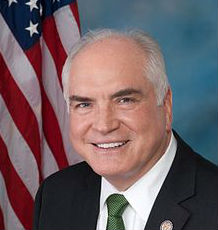
Mike Kelly
(R-Pennsylvania)
Co-Chair
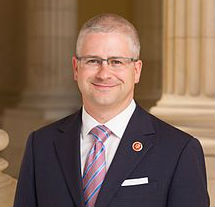
Patrick McHenry
(R-North Carolina)
Co-Chair
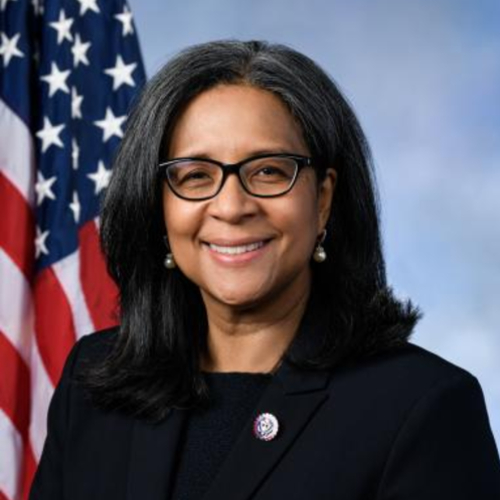
Marilyn Strickland
(D-Washington)
Co-Chair
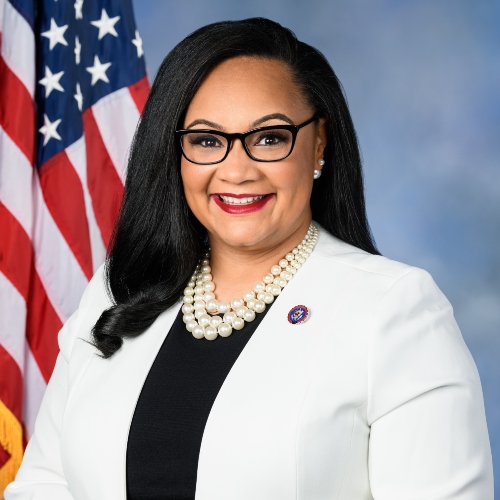
Nikema Williams
(D-Georgia)
Co-Chair
Senate Bipartisan Small Brewers Caucus Members
34 members in 24 states represented as of January 3, 2023.
If your state or district is not represented in the Senate Bipartisan Small Brewers Caucus, learn how to recruit your representative to join.
Rollover the map to view Senate Bipartisan Small Brewers Caucus members or download a PDF of the list.
About the Senate Bipartisan Small Brewers Caucus
The Senate Bipartisan Small Brewers Caucus was founded by former Senator Max Baucus (D-Mont.) in June, 2011 and is now chaired by Senators Ron Wyden (D-Ore.) and Lisa Murkowski (R-Alaska).
Mirroring the House Small Brewers Caucus (formed in 2007), the Senate Bipartisan Small Brewers Caucus provides a forum for members of the Senate and their staffs to discuss the issues important to small brewers while exploring what lawmakers can do to strengthen the growth and role of these small businesses in local economies across the country.
The caucus also provides opportunities for Senators and staff to learn about the science and art of brewing beer, and the unique cultural and economic contributions made by small brewers to their communities.
Senate Bipartisan Small Brewers Caucus Founding Representatives

Ron Wyden
(D-Oregon)
Co-Chair

Lisa Murkowski
(R-Alaska)
Co-Chair
On June 11-12, the Brewers Association will host its annual Hill Climb for Brewers Association members in Washington, D.C.
Participating in a hill climb is one of the most important things a brewery owner can do to help their business be successful. Members who participate in the hill climb get the opportunity to build relationships with members of Congress and advocate on behalf of the 9,000+ breweries that make up the craft brewing industry.
Small and independent breweries need a strong and unified voice in Washington, D.C. Will you join the Brewers Association and help ensure that our industry is heard?
Building a relationship with your elected officials is one of the most important “government relations” functions you can perform as a member of the craft brewing community.
Get in Touch with Government Affairs Leaders
Email Us: marisic@brewersassociation.org

Bob Pease
President and CEO, Brewers Association

Katie Marisic
Senior Director of Federal Affairs, Brewers Association

